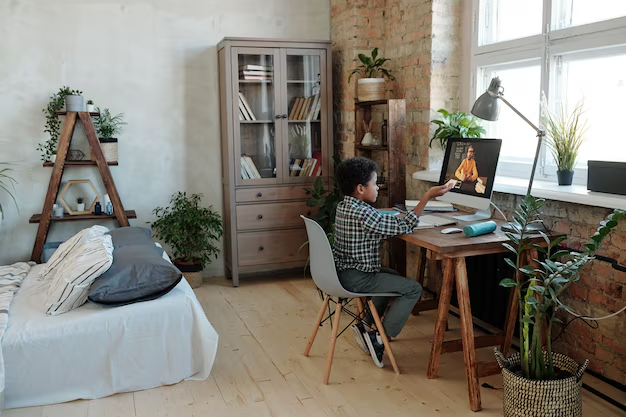How Can a 16-Year-Old Rent an Apartment? Here's What You Need to Know
Moving into an apartment at 16 might seem like an exciting step towards independence, but it's not as straightforward as it sounds. The teenage years bring a mix of enthusiasm and ambition, and leaving the family nest is a significant part of that journey. Let's explore if this is possible and what steps you may need to take.
Understanding Legal Age Restrictions
In most regions, renting an apartment independently at 16 can be a challenge due to legal restrictions. Minors are not legally able to enter binding contracts, including leases, without parental consent. This means you'll likely need a guardian's signature to secure a rental.
However, exceptions might exist for emancipated minors. Emancipation is a legal process granting some of the rights and responsibilities of adulthood. An emancipated minor can form contracts and is typically recognized as living independently.
Financial Hurdles and Solutions
Renting an apartment involves financial responsibilities, including monthly rent, utilities, and possibly other fees. At 16, having a steady income may be difficult. Here are some options that could make this feasible:
- Parental Support: Your parents or guardians may offer financial help or co-sign the lease, making landlords more likely to consider renting to you.
- Part-Time Work: A part-time job can provide some income, but you'll likely need additional support due to limited earning potential.
- Budgeting Skills: Learning to budget is crucial. Understanding how to manage money efficiently will be essential when handling monthly expenses.
Exploring Assistance Programs
Teen renters might find government and community programs helpful, especially if living independently is not just a choice but a necessity due to difficult circumstances.
- Government Aid Programs: Look into housing assistance programs which may provide low-income housing options or subsidies. While these programs often prioritize families, they might offer guidance or resources for youth.
- Non-Profit Organizations: Various non-profits cater to youth at risk, offering shelter and transitional housing programs.
Building Credit Early
A strong credit history can make future renting easier. While obtaining a credit card at 16 might seem premature, you can take certain steps:
- Authorized User Status: Ask your parents to add you as an authorized user on their credit card. This strategy can help build your credit history without the full responsibility of managing a card.
- Secured Credit Cards: Some banks offer secured credit cards to minors if they have a co-signer. This can be a step towards building credit in your own name.
Educational Opportunities and Grants
Youth seeking independence might also consider educational pathways that provide housing options. Schools and educational institutions often offer:
- On-Campus Housing: Colleges sometimes house students year-round, which can be an alternative to traditional renting.
- Educational Grants and Scholarships: These can sometimes include or cover housing costs, easing the financial burden of living independently.
A Vertical Look at Independent Living
Living independently at 16 is demanding, requiring both financial and emotional readiness. Considering these options and preparing diligently can set a strong foundation for future success.
Key Resources for Young Renters
- 🏠 Parental Support & Co-Signing
- 💼 Part-Time Work Opportunities
- 🔑 Government Housing Assistance Programs:
- HUD's Public Housing and Section 8 (look for local offerings)
- 📈 Credit Building:
- Authorized user status
- Secured credit cards with co-signer
- 🎓 Educational Grants & Scholarships:
- Scholarships that include housing stipends
- Campus-based living options
- 🏚️ Non-Profit Support:
- Youth shelters and transitional housing
Navigating these challenges requires resourcefulness and persistence, but with the right support, becoming self-reliant is within reach.

